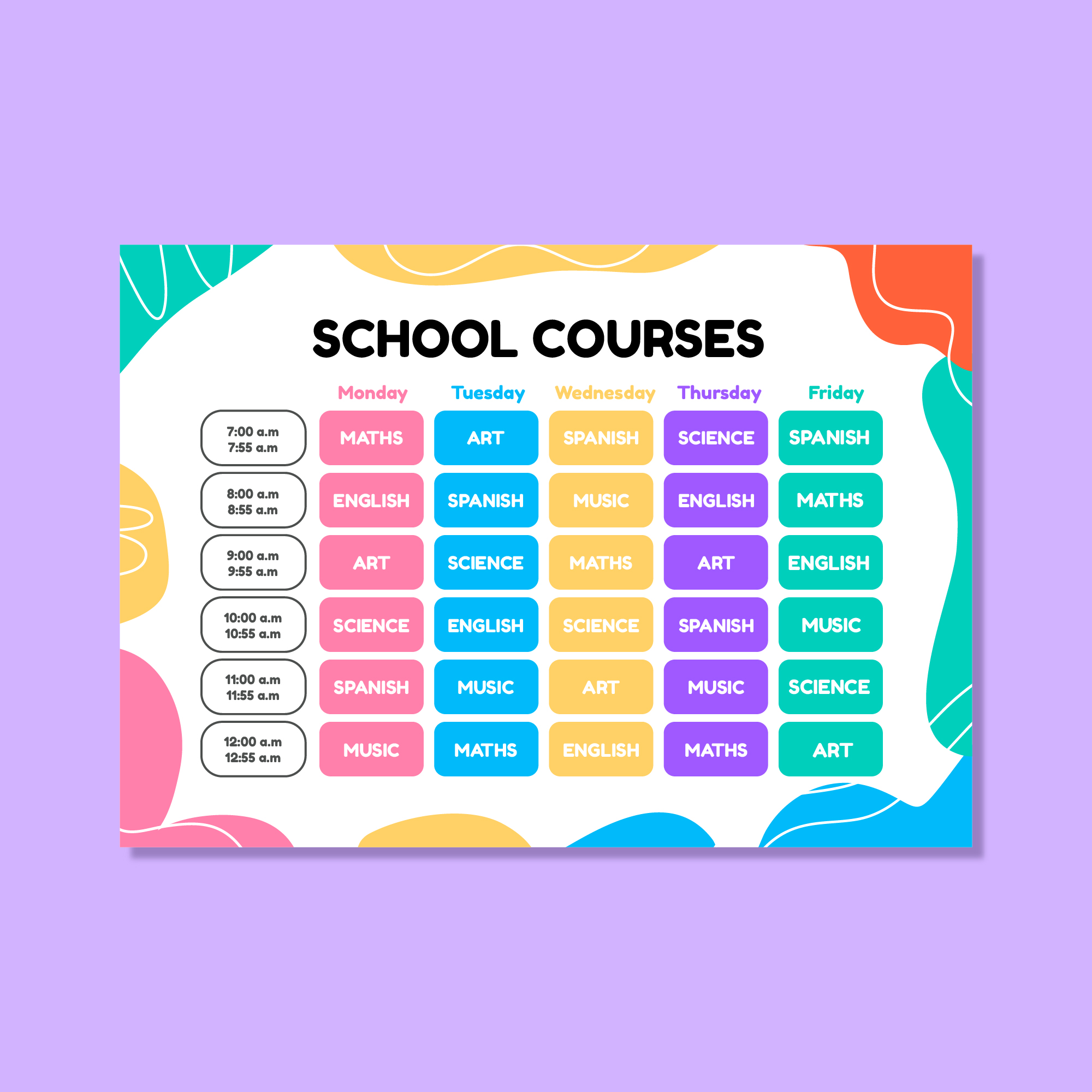Successful Communication At Home With Your Highschooler: Failing Grades
Successful Communication At Home With Your Highschooler: Failing Grades

LISTEN FIRST
Coming right out the gate with frustration and blaming can push your high schooler to shut down. Remember how deflated it felt to see that lousy grade in blazing red ink? Teenagers exist in the part of the brain known as the amygdala—the emotion headquarters. When their emotions escalate, they can’t think clearly, and you won’t get an honest answer. Patience is key. Ask questions to understand and listen to your high schooler’s words.
- Did you study? How often? How do you study?
- Was this task hard? Do you have a harder time with tests/quizzes, essays, or homework?
- Is there a specific skill (writing, reading, studying, etc.) or topic (multiplying fractions, Shakespeare, Geography, etc.) that is particularly difficult?
- Is there any work that needs to be completed in the grade book?
- Can you do extra credit?
- Did you communicate with your teacher that you are having a hard time?
Having calm, open, and honest dialogue allows your high schooler to feel heard, something they are often searching for at this age. Seeking to understand these questions gives your high schooler a voice and helps them process what went wrong.
EMPOWER THEM TO USE RESOURCES
Helpful resources may surround high schoolers who need help finding them or what to do to start using them. Adolescence is a perfect time to practice advocating for oneself, which they will need to do in college and the workforce. When grades start slipping, this is a great time to talk to your high schooler about the resources around them.
- Emailing and communicating with teachers: Show your teen how to write a courteous email to their teachers when asking for extended deadlines, extra credit, or one-on-one tutoring. Youth need adults to model this behavior so that they can mimic it appropriately. Try drafting an example and letting your child use it as a template for future communication.
- Tutoring resources: Some schools have tutoring options at free or low-cost availability. For example, Norfolk Public Schools provide “free, school-sponsored, one-to-one online tutoring and homework help through www.fevtutor.com.” Talk to your high schooler about after-school programs that provide homework assistance for teens.
SET UP ROUTINES AND PREDICTABLE CONSEQUENCES
Since the pre-front cortex of your high schooler’s brain isn’t fully developed, they still have not mastered skills like planning, prioritizing, and anticipating consequences. They rely on you to create opportunities for them to develop their pre-frontal cortex. They may not think to set up study schedules, proactively work on long-term projects, or predict how poor choices negatively impact their grades.
- Adapt your high schooler to a routine: Having a set time for homework and studying each day can build youth educational development. Please talk with your teen about how they spend their time and create a routine emphasizing time for academics and sleep while still leaving freedom for extracurriculars and social development. Keep this routine displayed somewhere for you and your teen to see.
- Give clear and repeated rules: You may find you are a broken record with the number of times you have to remind your teen to do homework or study. This consistency, plus straightforward consequences, helps adolescents learn to expect and predict consequences. Consistent consequences due to missing work or not studying will help high schoolers make better-educated decisions.


ENCOURAGE A GROWTH MINDSET
Inspiring educator Rita Pierson shared a beautiful story in a TedTalk about writing “+2” and a smiley face on a student’s quiz instead of “-18.” This shocked the student, who wondered how a failing grade could cause a smile. Pierson responded that the youth was on their way to improving and emphasized what they achieved rather than what they did not.
When your high schooler struggles, they will feel shame and disappointment. Even when they mask those emotions under indifference or carelessness, all youth want to succeed. Remind them that failure is the beginning of growth and progress. When they say they can’t do something, remind them that they can’t do it yet and that all knowledge and talent can grow. Try to focus on youth educational development rather than youth educational deficiencies. Try saying things like:
- I know you can do this.
- I know you can do better than this.
- It’s about practice, not perfection.
- Learn from your mistakes/Review what you did wrong.
- At first, I had a hard time with ___, but I got better the more I practiced.
- You’re not bad at this; you’re just working on it.
You can find more information about Growth Mindset under the Parent Resources tab of our website.
BOTTOMLINE: BE PATIENT AND HOPEFUL
Perhaps patience and hope are the most important things to remember when communicating with your high schooler when grades are dropping. Your youth depends on your support and belief that they can do better to build their self-esteem and motivation. This takes time; many youths are adjusting to high school life while confronting the learning losses they experienced during the pandemic. Schools may be stretched thin, and it’s easy for everyone involved to get overwhelmed. Speaking of overwhelming, it can feel like talking to a brick wall the 50th time you remind them about an assignment they haven’t started. Remain patient. Your consistent directions are essential, and they are important even when they seem fruitless. And when all else fails, loop in a support system of your own by reaching out to teachers, counselors, mentors, and teen development programs.
© Next Step To Success. All Rights Reserved. Sitemap | Privacy Policy